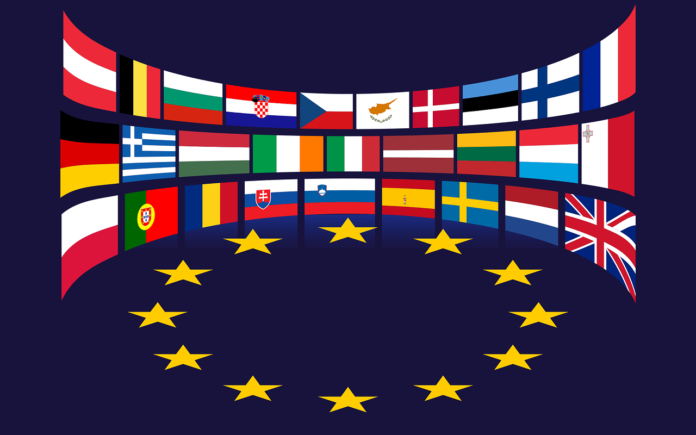[ad_1]
The European Union is gearing up to respond forcefully to former U.S. President Donald Trump’s latest threat of a major tariff of 30% on EU imports, which is expected to be in effect from August 1, 2025. In what is being referred to as the bloc’s “nuclear option,” EU leaders are considering invoking the Anti-Coercion Instrument (ACI), a powerful trade defence tool specifically designed to counter economic intimidation by foreign powers.
The ACI was adopted in late 2023 and allows the EU to impose a wide range of retaliatory measures, not just limited to tariffs. It includes the authority to introduce import-export bans, apply quotas, restrict U.S. companies from participating in EU public tenders and limit access to digital services, banking infrastructure and intellectual property protections within the EU. The scope and flexibility of the ACI make it a unique instrument, signalling a shift in how the EU deals with economic threats.
This process begins with a formal investigation by the European Commission, followed by a vote among EU member states. If coercion is confirmed and negotiations fail, countermeasures can be implemented either through the regular 6-month timeline or via fast-track procedures in specific cases of urgency.
However, talks with the U.S. led by EU Trade Commissioner Maroš Šefčovič have shown little progress. With diplomatic options narrowing, the EU is further reviewing a previously paused €21 billion tariff retaliation package and also preparing a broader €72 billion list of possible countermeasures. While some member states are cautious about escalating tensions, France and Germany appear to be the ones willing to lead the charge.
If deployed, the ACI would mark a significant turning point in the EU’s trade policy by expanding retaliation beyond goods to include services, finance and regulatory access. As Commission President Ursula von der Leyen noted, the ACI was designed for “extraordinary situations,” and Trump’s looming tariffs may indeed qualify as such.
[ad_2]
Source link

